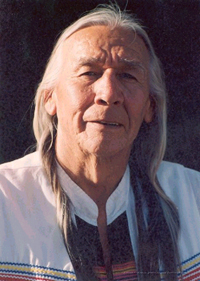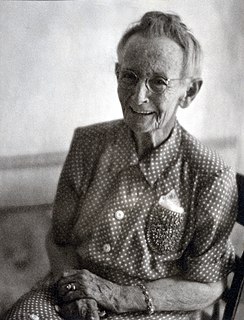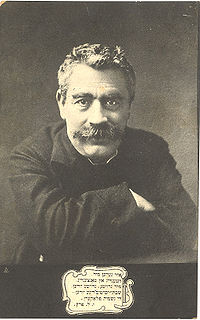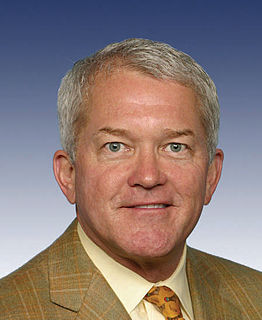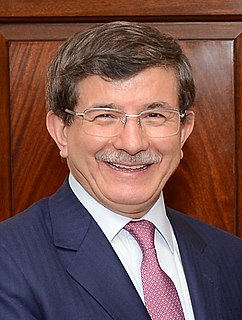A Quote by Henry A. Kissinger
Related Quotes
You could make a good case that the history of social life is about the history of the technology of memory. That social order and control, structure of governance, social cohesion in states or organizations larger than face-to-face society depends on the nature of the technology of memory - both how it works and what it remembers. In short, what societies value is what they memorize, and how they memorize it, and who has access to its memorized form determines the structure of power that the society represents and acts from.
What is memory but the repository of things doomed to be forgotten, so you must have History. You must have labor to invent History. Being faithful to all that happens to you of significance, recording days, dates, events, names, sights not relying merely upon memory which fades like a Polaroid print where you see the memory fading before your eyes like time itself retreating.
Advent's intention is to awaken the most profound and basic emotional memory within us, namely, the memory of the God who became a child. This is a healing memory; it brings hope. The purpose of the Church's year is continually to rehearse her great history of memories, to awaken the heart's memory so that it can discern the star of hope.
There is an ancient Indian saying that something lives only as long as the last person who remembers it. My people have come to trust memory over history. Memory, like fire, is radiant and immutable while history serves only those who seek to control it, those who douse the flame of memory in order to put out the dangerous fire of truth. Beware these men for they are dangerous themselves and unwise. Their false history is written in the blood of those who might remember and of those who seek the truth.
The first step in liquidating a people is to erase its memory. Destroy its books, its culture, its history. Then have somebody write new books, manufacture a new culture, invent a new history. Before long that nation will begin to forget what it is and what it was... The struggle of man against power is the struggle of memory against forgetting.
It is true that one of the first acts of tyrants is to erase history, to wipe out the recorded memory of a people. With that in mind, it's important to remember that the work that we do as writers, artists and performers will form an essential part of the collective memory that future generations will draw upon. And so we owe it to those future generations to defend that memory and be honest witnesses to our times.





